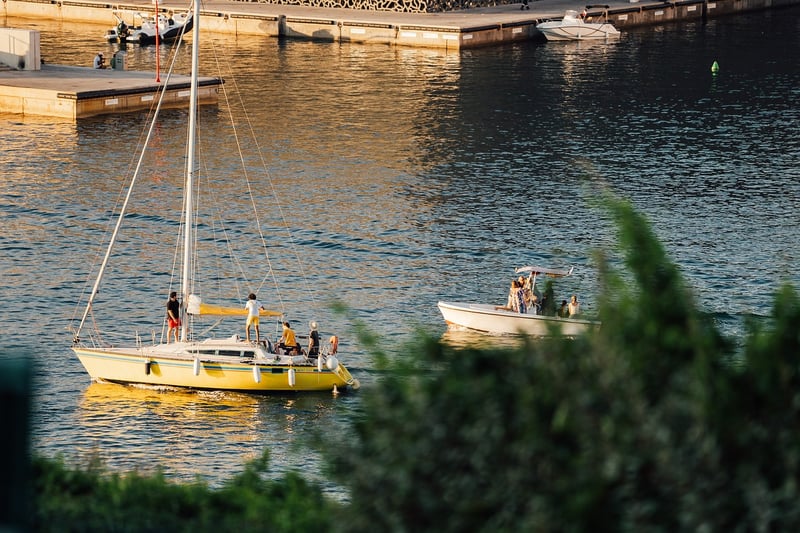Future Exploration
Exploring Different Time Periods and Future Exploration
Introduction
Human curiosity has led us to explore different time periods throughout history and ponder the possibilities of future exploration. From ancient civilizations to the far reaches of outer space, the desire to uncover new knowledge and push the boundaries of discovery drives us forward.
Ancient Civilizations
Studying ancient civilizations such as the Egyptians, Greeks, Romans, and Mayans allows us to understand our past and the foundations of modern society. The pyramids of Egypt, the Acropolis in Athens, the Colosseum in Rome, and the ruins of Machu Picchu in Peru are testaments to the ingenuity and advancements of these cultures.

The Age of Exploration
The Age of Exploration in the 15th to 17th centuries saw brave sailors and navigators like Christopher Columbus, Vasco da Gama, and Ferdinand Magellan embark on voyages that expanded the known world. Their discoveries opened up new trade routes, connected continents, and reshaped global politics and economies.

Space Exploration
Looking beyond our planet, space exploration has taken humanity to the moon, Mars, and beyond. Astronauts like Neil Armstrong, Yuri Gagarin, and Valentina Tereshkova have ventured into the cosmos, expanding our understanding of the universe and our place within it.

Future Exploration
As we stand on the cusp of a new era, future exploration holds the promise of even greater discoveries. From Mars colonization to interstellar travel, advancements in technology and science are paving the way for humanity to reach new frontiers and perhaps encounter extraterrestrial life.
Conclusion
Exploring different time periods and contemplating future exploration allows us to appreciate the achievements of the past and look forward to the possibilities of tomorrow. As we continue to push the boundaries of knowledge and venture into the unknown, the spirit of exploration remains a driving force in shaping our collective future.
